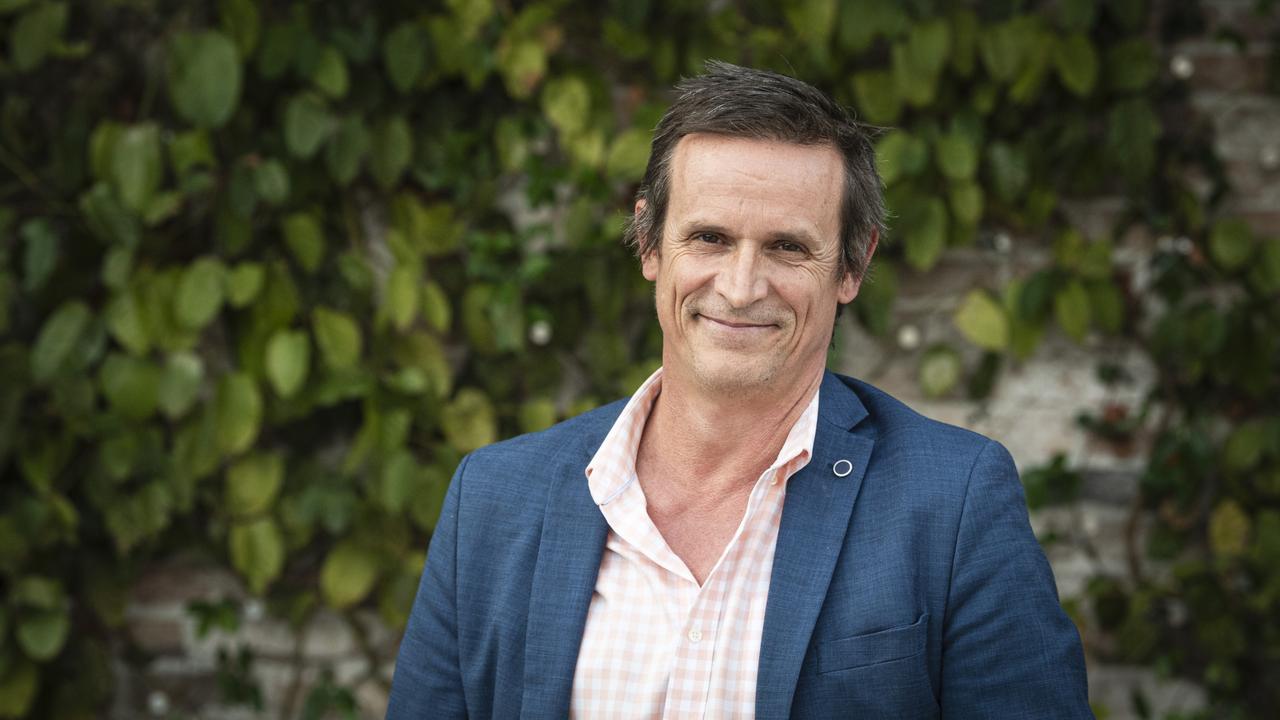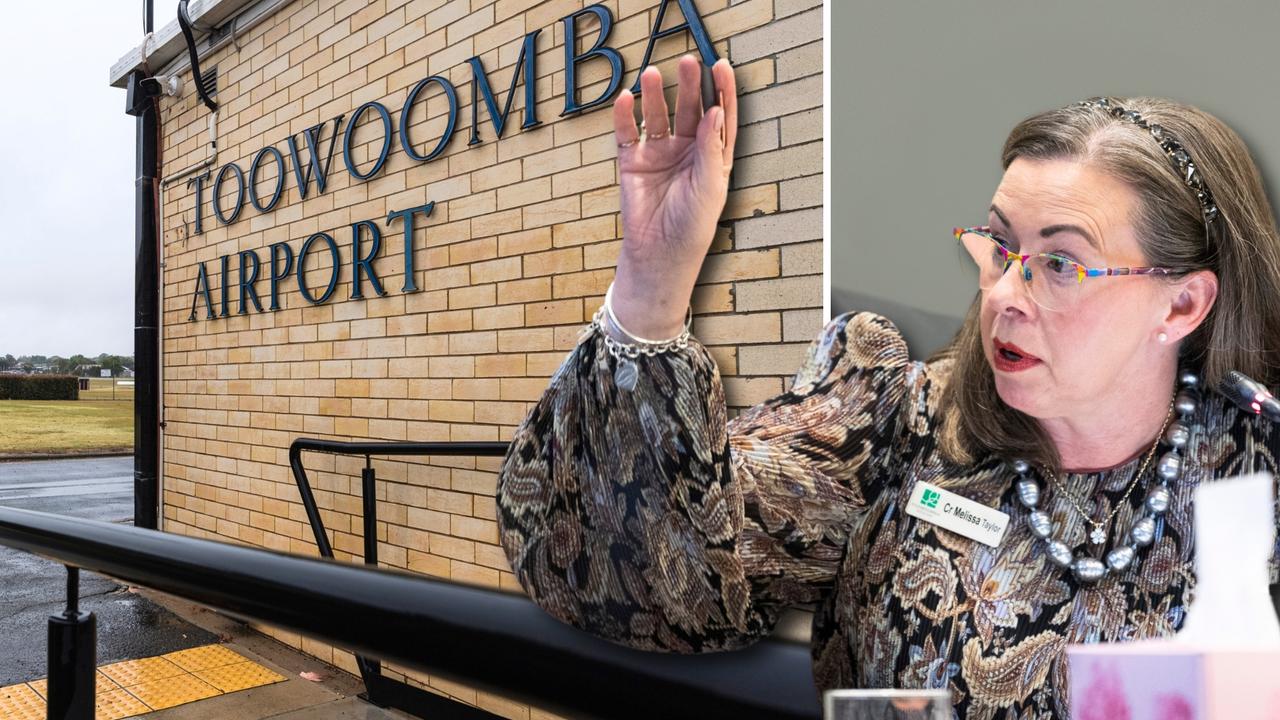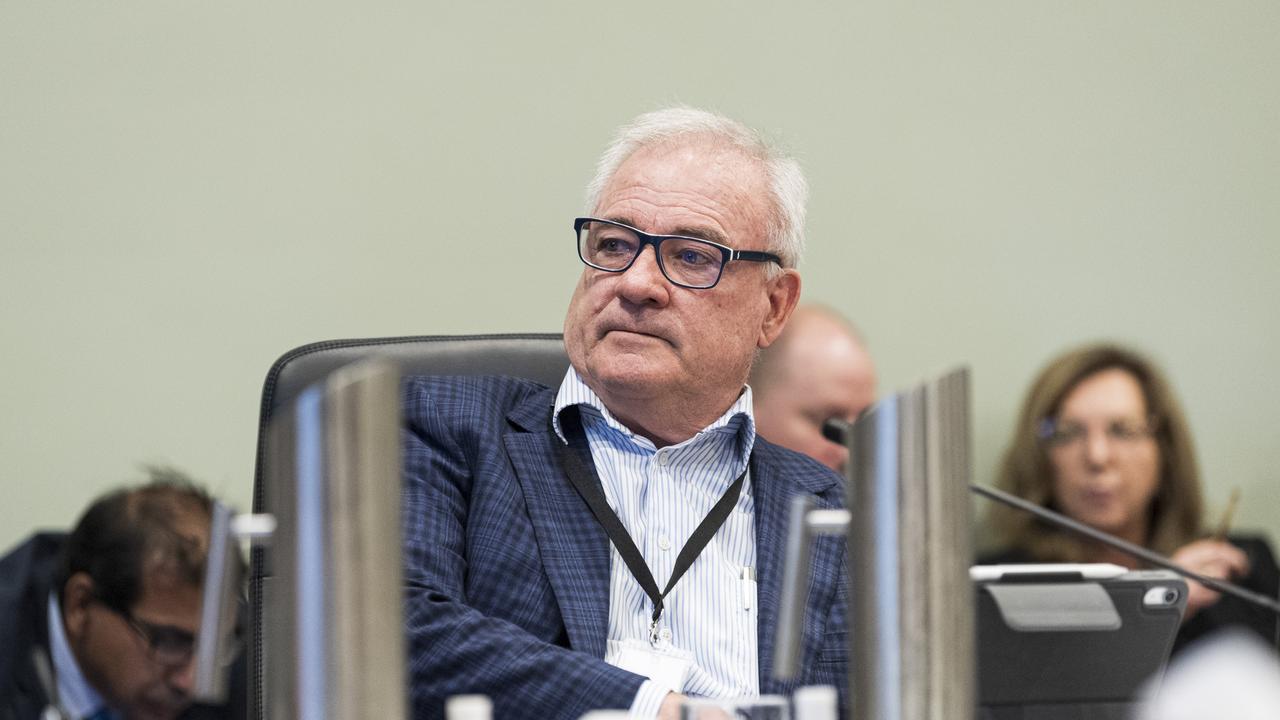Toowoomba councillor Rebecca Vonhoff calls carbon capture project by Glencore ‘lunacy’ as project seeks government approval
A mining giant’s plan to capture 330,000 tonnes of carbon and inject them underground has been described as ‘lunacy’ by a Toowoomba councillor, who said it threatened the region’s water supplies.
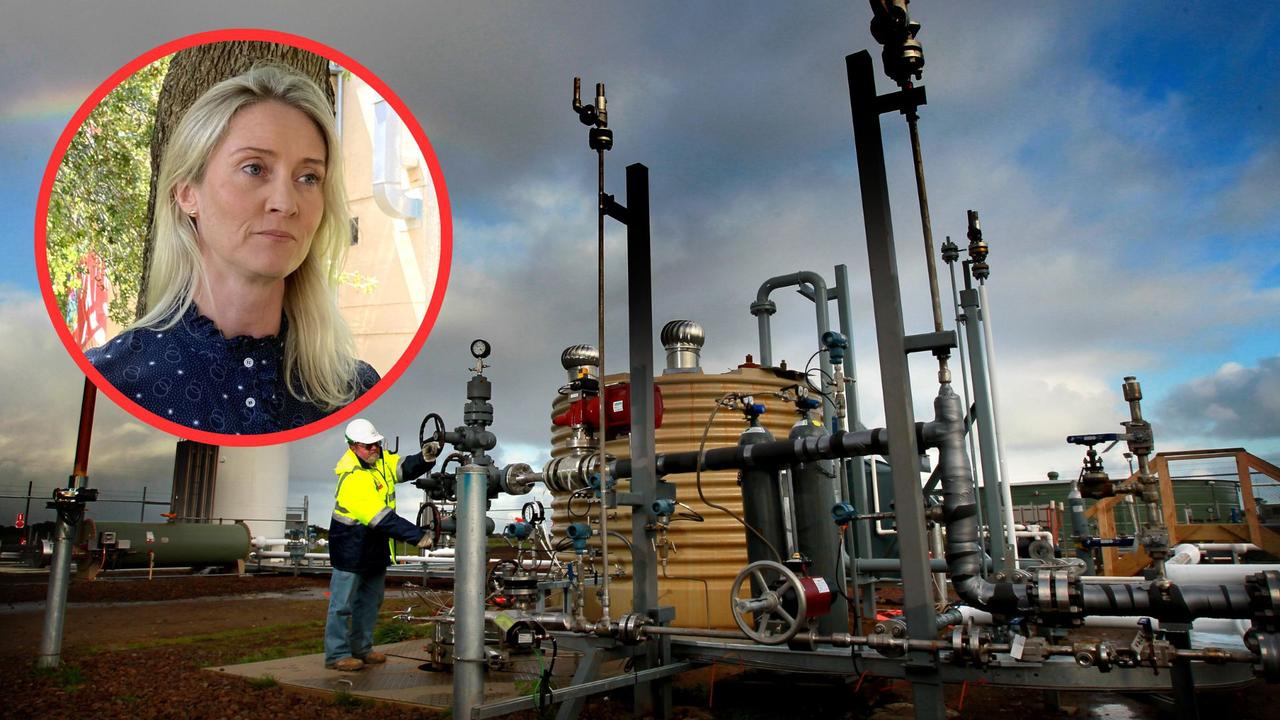
Council
Don't miss out on the headlines from Council. Followed categories will be added to My News.
Toowoomba Regional Council has raised serious concerns over a mining giant’s proposal to trial storing captured carbon into Darling Downs land, with one councillor calling the concept “lunacy” and a threat to the Great Artesian Basin.
Councillors voted at last month’s ordinary meeting to make a submission in relation to the environmental impacts of the plan by Carbon Transport and Storage Corporation, which is owned by mining company Glencore Holdings.
The project, which is yet to be approved by the state government, would involve capturing 330,000 tonnes of greenhouse gases (GHGs) from the nearby Millmerran Power Station and taking the stream to an area of land between Moonie and Westmar in the Western Downs.
From there, the carbon would be injected deep underground, with the trial to be conducted over seven years and involve infrastructure upgrades.
If approved by the state government’s Department of Environment and Science, construction would start in early 2024.
While the draft submission presented by council officers mainly related to increased traffic on council roads, councillor Rebecca Vonhoff said the project presented serious risks to the region’s underground basin.
@Glencore CTSCo’s carbon capture & storage project in the sandstone aquifer of the #Suratbasin poses an unacceptable risk to the #great#artesian#basin which our community relies on for drinking water & #agriculture IMO.
— Rebecca Vonhoff (@RebeccaVonHoff) February 22, 2023
It’s lunacy. 🪡 pic.twitter.com/EMOZhN8unh
“The proposal is to inject the GHG emissions into the Surat Basin, but it’s going into the precipice sandstone aquifer and that goes over the GAB,” she said during the meeting.
“There are no barriers in the GAB and we have communities reliant on that water.
“We should amend the recommendation to include concerns about the GAB protection.
“To me, this project is lunacy … and we should be protecting our aquifers at all costs.
“I also wanted to flag that CTSCo has submitted their environmental impact statement and acknowledged the project won’t meet a key outcome of the government’s environmental regulation act, that being there will be no direct or indirect release of contaminants.”
These concerns were reflected in the amended motion that was endorsed by councillors, stating the TRC held “concerns about the impact on, and protecting, the Great Artesian Basin”.
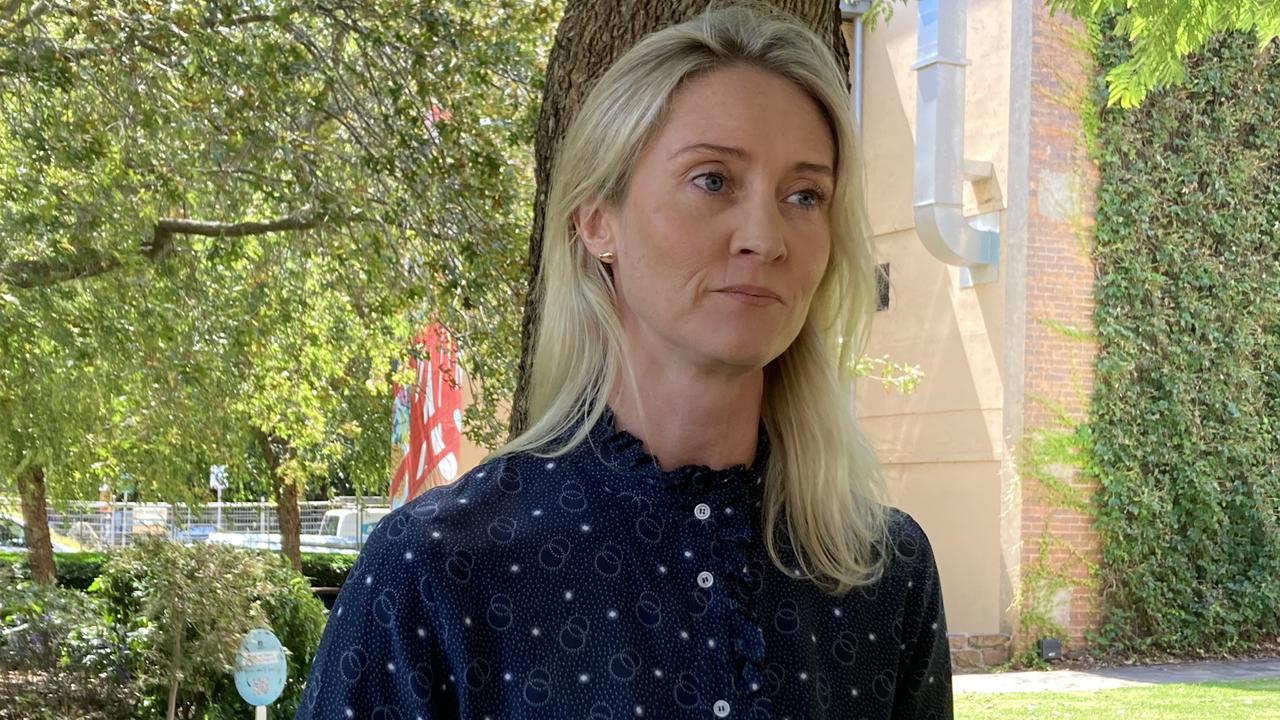
Carbon capture and storage, or CCS, has been criticised by groups like the Climate Council, which called the practice as a “licence to ramp up emissions” by the existing fossil fuel industry.
For its part, Glencore said the Surat Basin project could lead to widespread use of CCS across Queensland.
“(It has) the potential for emissions from multiple industrial sources being captured and safely stored,” it said on its website.
“Any larger scale project would be subject to separate approvals processes under the relevant legislation.”
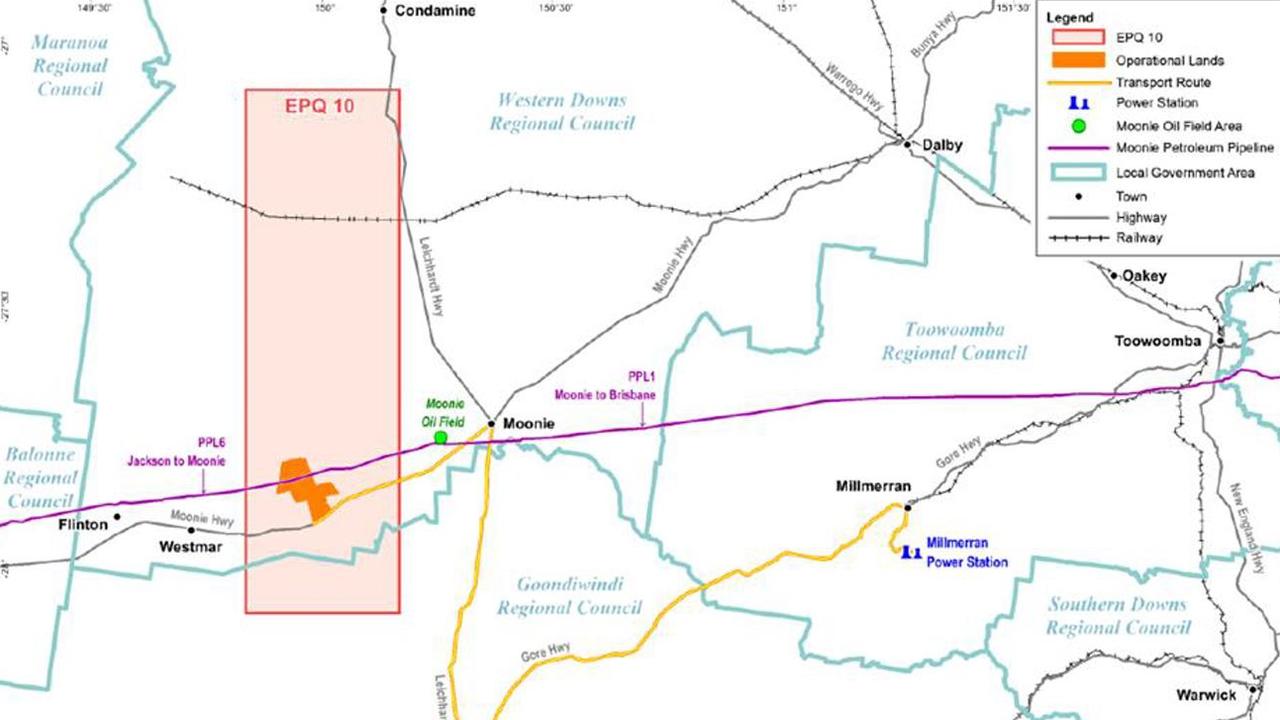
An FAQ on the company’s website said the project would focus on a “very deep, low-quality” sandstone aquifer.
“The aquifer in which we are proposing to store carbon dioxide contains brackish water with fluoride levels over six times the drinking water guideline for human consumption and three times over the recommended maximum for livestock consumption,” it said.
“Glencore understands the critical importance of water access and management and we have no intention of interfering with shallower aquifers used by the agricultural community.”
In a further statement, a spokesman for Glencore said its injection testing project was "informed by scientific data, including third-party expert geological and environmental studies to assess potential impacts of the project on the environment".
"The Federal Independent Expert Scientific Committee indicated that given the small scope of the project and geological stability of the storage complex at the project location, impacts from the project are expected to be minimal and manageable in both the immediate and long term," he said.




